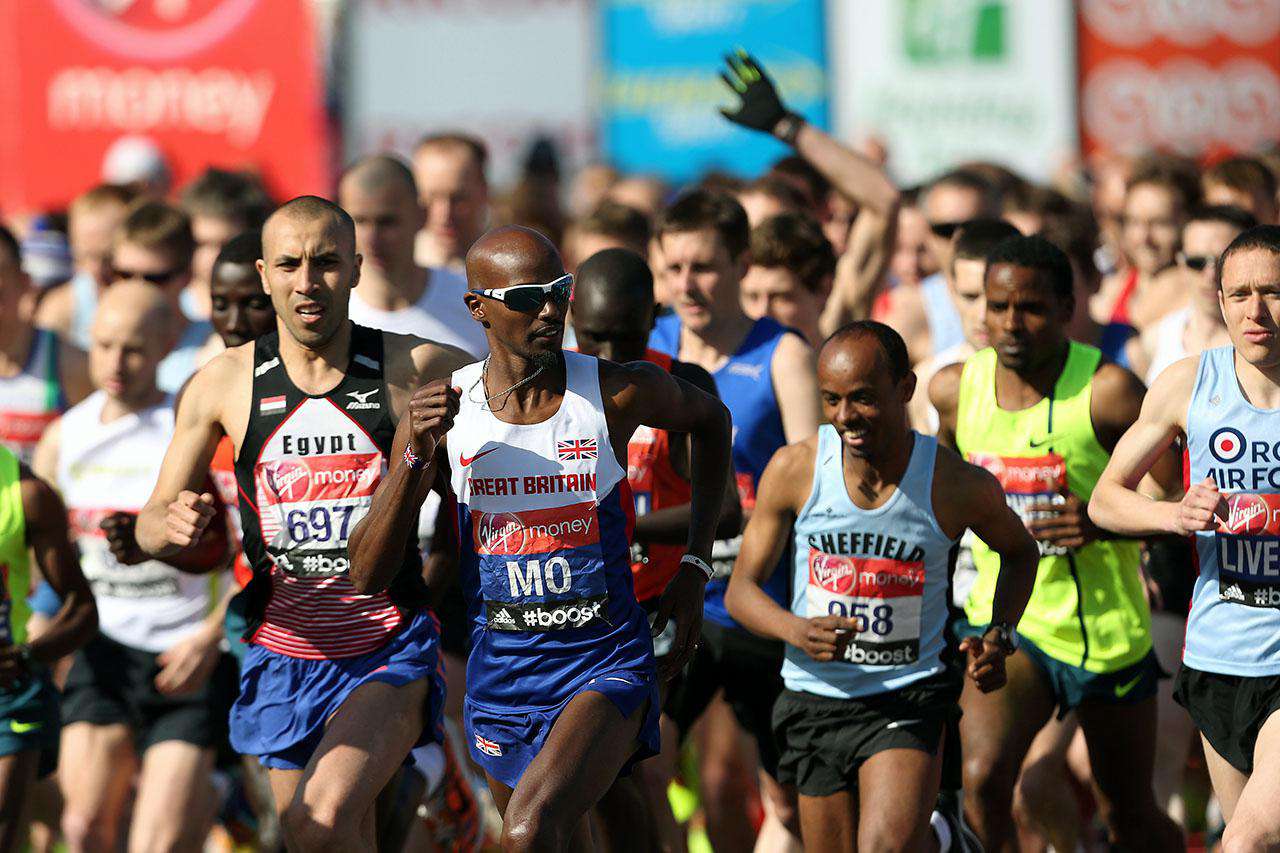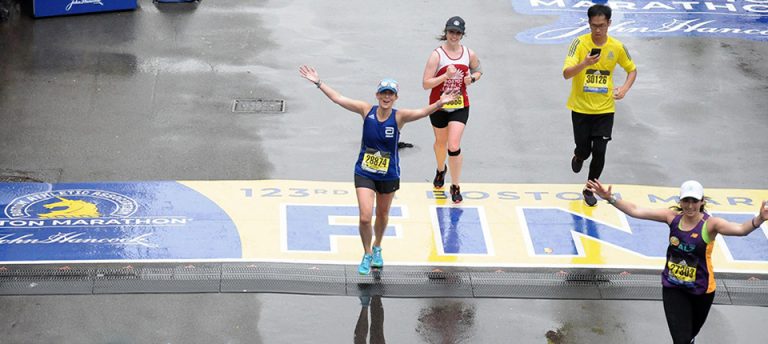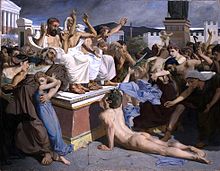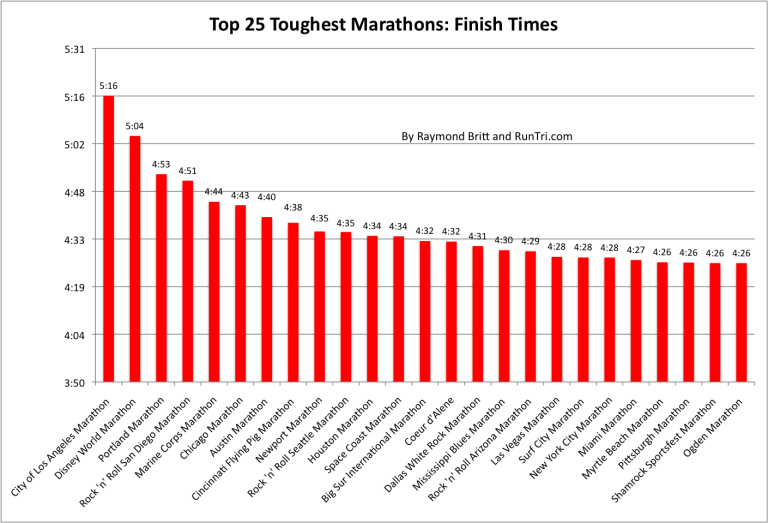How Much Marathon in Km
A marathon is 42.195 kilometers long. Marathons cover a distance of 42.195 kilometers or 26.2 miles.
Marathons are a popular long-distance running event that typically takes place on roads. Participants from around the world come together to test their endurance and push their limits. The marathon distance of 42. 195 kilometers has become a standard for the event since the modern Olympic Games in 1908.
The marathon has a rich history and holds a special place in the world of sports, attracting both elite athletes and amateur runners alike. With its challenging yet rewarding nature, marathons continue to inspire individuals to train hard and achieve their personal best. Whether it’s for fitness, competition, or raising awareness for a cause, the marathon distance remains a symbol of determination and perseverance.
The History Of Marathons
Marathons, the ultimate test of endurance, have a rich history dating back to ancient times. Originating from the legendary tale of Pheidippides, a Greek messenger who ran from the battlefield of Marathon to Athens to deliver news of victory against the Persians, marathons have evolved significantly over the centuries. Let’s explore the fascinating history of marathons, from their humble beginnings to the modern-day spectacles they have become.
Origin Of Marathon Races
The origin of marathon races can be traced back to 490 BC when the Battle of Marathon took place in Ancient Greece. As the story goes, Pheidippides, a courageous Athenian soldier, ran approximately 42 kilometers (26 miles) to bring news of the victory to the anxious citizens of Athens. This extraordinary feat, marked by his exclamation of “Nike!” (victory), captured the imagination of people and led to the creation of the marathon race.
The Battle of Marathon marked a pivotal moment in history and inspired the establishment of the first organized marathon race in the modern Olympic Games held in Athens in 1896. Since then, marathon races have grown in popularity and have become a symbol of determination, strength, and accomplishment.
Evolution Of Marathon Distances
The distance of marathons has not always been standardized throughout history. In fact, it varied significantly until it was officially established as approximately 42.195 kilometers (26.219 miles) in 1908 during the London Olympic Games. The reason behind this specific distance is an interesting one.
During the 1908 London Olympics, the marathon course was extended by 385 yards (352 meters) to accommodate the royal family’s request to have the race start from Windsor Castle’s entrance. Consequently, this alteration set the new standard for marathon distances, which has been upheld ever since.
| Year | Marathon Distance (Kilometers) |
|---|---|
| 490 BC | Approx. 42 km |
| 1896 | Approx. 40 km |
| 1908 | 42.195 km (current standard) |
Since the establishment of the current standard distance, marathon races have been held worldwide, attracting participants from all walks of life. The pursuit of completing a marathon has become a personal goal for many, as it represents an extraordinary physical and mental achievement.
Today, marathons continue to captivate the imaginations of athletes and spectators alike, with iconic events such as the Boston Marathon, the New York City Marathon, and the London Marathon setting new benchmarks in the world of endurance sports.
- Marathons have a rich history dating back to Ancient Greece.
- The first organized marathon race was held in the modern Olympic Games in 1896.
- The official marathon distance of 42.195 kilometers was established in 1908 during the London Olympics.
- Marathon races have become a symbol of determination, strength, and accomplishment.
- Iconic marathons around the world continue to inspire athletes and spectators.
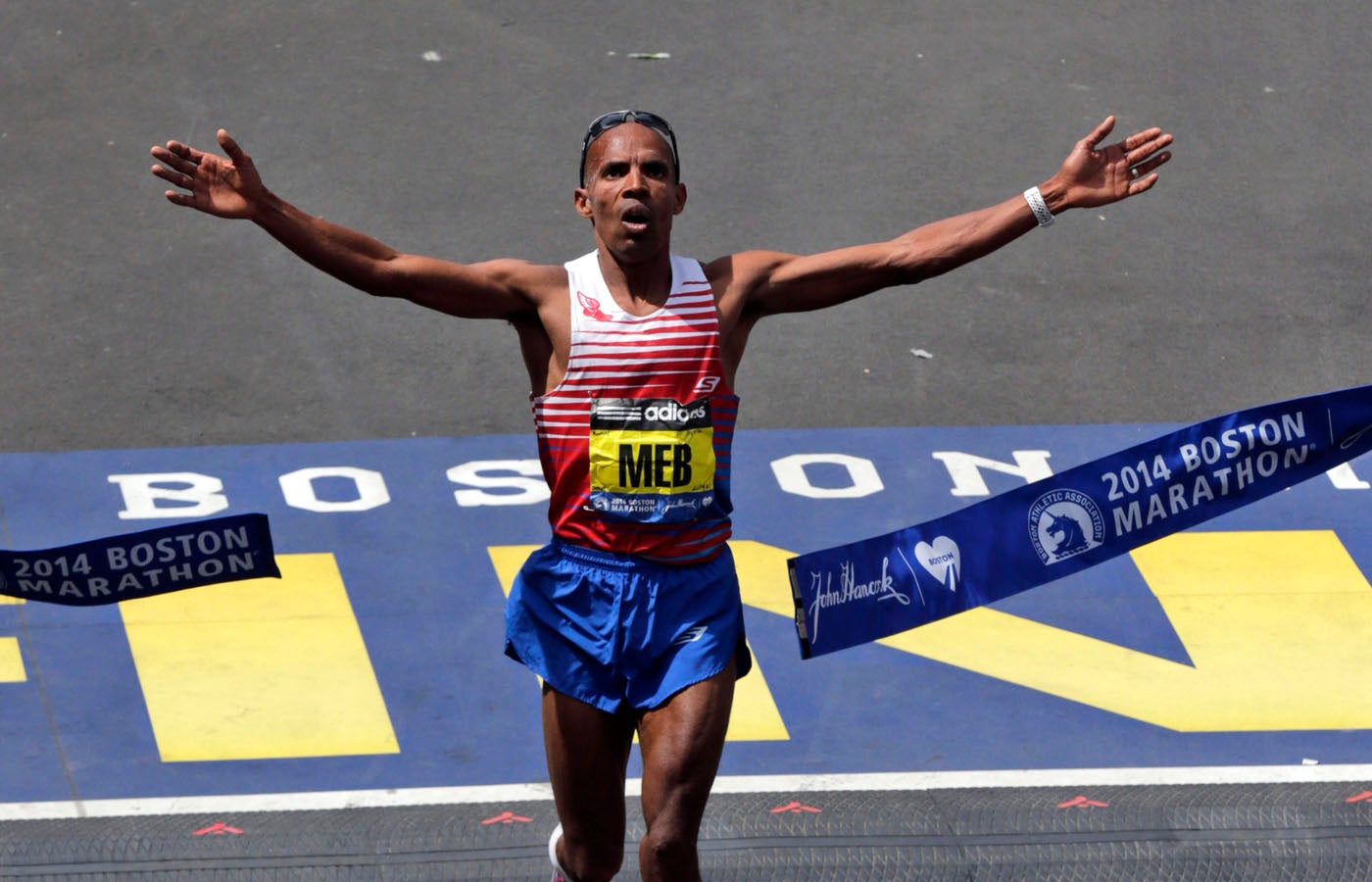
Credit: www.boston.com
Standard Marathon Distance
A standard marathon distance usually refers to the classic 42.195 kilometers long race, which translates to approximately 26.2 miles. It’s the most well-known and prestigious form of long-distance running, capturing the hearts and minds of fitness enthusiasts and professional athletes alike. The marathon distance has become the ultimate test of endurance and determination for runners around the world.
Explanation Of A Marathon In Kilometers
A marathon in kilometers is a foot race of 42.195 kilometers (26 miles and 385 yards). It’s often arranged on roads, with a mix of flat and hilly terrains, challenging the endurance, strength, and speed of the runners. The marathon demands a high level of physical and mental toughness, serving as a platform for athletes to showcase their perseverance and athleticism.
Comparison With Other Race Distances
When compared to other race distances, a marathon stands out as a true test of physical and mental strength. Here’s a comparison between standard marathon distances and other race lengths:
| Race Type | Distance (in km) |
|---|---|
| Marathon | 42.195 km |
| Half Marathon | 21.0975 km |
| 10K Race | 10 km |
| 5K Race | 5 km |
Famous Marathons Around The World
When it comes to physical endurance and mental strength, marathons are the ultimate test of human capabilities. With races spanning across iconic cities and scenic landscapes, marathons have gained global recognition and cultural significance. From the historic streets of Athens to the bustling urban jungles of New York, famous marathons around the world attract runners from all walks of life, each with their own story and motivation.
Iconic Marathons And Their Distances
Marathons vary in distance, with the standard length being 42.195 kilometers, which translates to approximately 26.2 miles. This classic distance was established during the 1908 London Olympics and has since become the standard for marathon races worldwide. However, there are variations in distances for different marathons, each offering a unique challenge and experience for participants.
Cultural Significance Of Marathons
Marathons hold immense cultural significance, often representing a celebration of unity, perseverance, and community spirit. Many marathons traverse historical landmarks and culturally rich cities, offering participants a chance to immerse themselves in the local traditions and customs. These events not only promote physical well-being but also foster a sense of camaraderie and mutual respect among diverse groups of individuals.
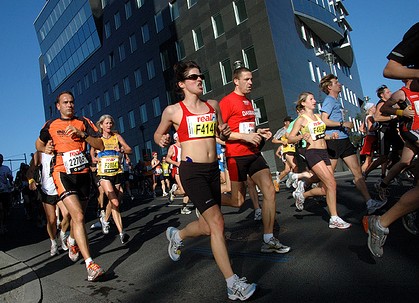
Credit: en.wikipedia.org
Training For A Marathon
Are you considering taking on the challenge of running a marathon? Training for a marathon requires dedication, discipline, and proper preparation. Whether you are a seasoned runner or a beginner, it is essential to follow a structured training plan to help you build endurance and complete the grueling 42.195 kilometers race.
Beginner’s Training Plan:
For beginners, it is crucial to start with a training plan that gradually increases mileage and intensity. Here is a sample training plan to help you get started:
| Week | Weekly Mileage | Workouts |
|---|---|---|
| 1 | 10 km | Easy runs (3x) |
| 2 | 12 km | Easy runs (3x) Cross-training (1x) |
| 3 | 15 km | Easy runs (3x) Cross-training (1x) |
| 4 | 18 km | Easy runs (3x) Cross-training (1x) |
| 5 | 20 km | Easy runs (3x) Cross-training (1x) |
Remember to listen to your body and take rest days to allow for recovery. Gradually increase your mileage each week to avoid injuries and allow your body to adapt to the demands of marathon training.
Nutrition And Hydration Tips For Marathon Runners:
To ensure peak performance during marathon training, proper nutrition and hydration are vital. Here are some tips to fuel your training:
- Eat a balanced diet rich in carbohydrates, proteins, and healthy fats.
- Stay hydrated by drinking plenty of water throughout the day.
- Consume electrolytes during long runs to replenish lost minerals.
- Include lean proteins and complex carbohydrates in your pre and post-workout meals.
- Snack on energy-rich foods like bananas, nuts, and energy bars during training sessions.
By following a well-rounded nutrition plan and staying properly hydrated, you can optimize your training and improve your marathon performance.
Benefits Of Participating In Marathons
Benefits of Participating in Marathons:
Physical And Mental Health Benefits
Running marathons helps in improving cardiovascular health and boosting mental well-being.
Community And Social Aspects Of Marathons
Marathons foster a sense of belonging and enable connections with like-minded individuals.
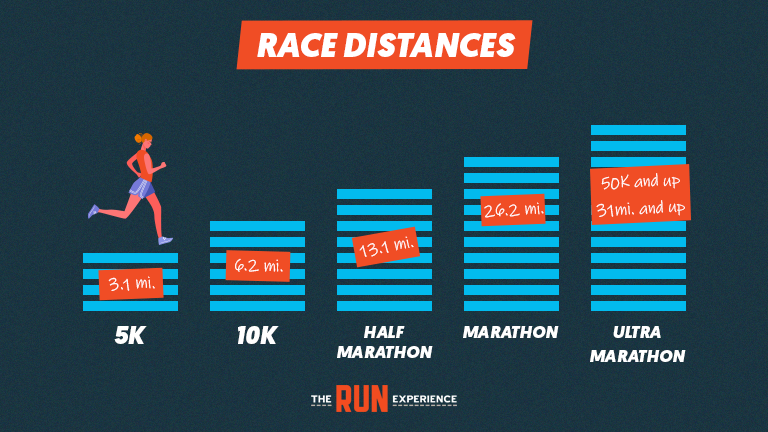
Credit: therunexperience.com
Frequently Asked Questions On How Much Marathon In Km
How Many Km Is Full Marathon?
A full marathon is 42. 195 kilometers long, making it the standard distance for this type of race.
What Is A Marathon In Miles?
A marathon is a race that covers a distance of 26. 2 miles.
Where Did 26.2 Miles Come From?
The 26. 2-mile marathon distance originated in 1908 when the London Olympic Games extended the race to 26. 2 miles to cover the distance from Windsor Castle to the royal box at the Olympic Stadium.
Conclusion
To sum up, understanding the distance of a marathon in kilometers is vital for both amateur and professional runners. Knowing the exact length, which is approximately 42. 195 kilometers, allows athletes to plan and train effectively. It’s important to remember that completing a marathon is not solely about the distance but also about endurance, determination, and mental strength.
So, whether you’re a seasoned runner or a beginner, embrace the challenge and strive for your personal best in this iconic long-distance race.

